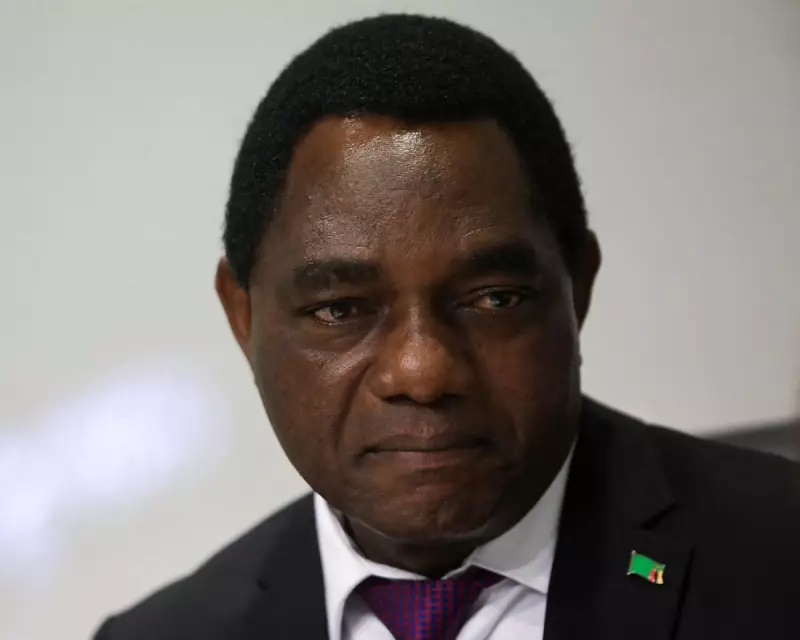
In a case that has gripped the southern African nation, two men have been found guilty of conspiring to assassinate Zambian President Hakainde Hichilema through what prosecutors described as a "witchcraft-fuelled murder plot." The verdict was delivered at the Lusaka High Court following a tense trial that revealed chilling details of the alleged supernatural conspiracy.
Peter Chilufya, 37, and his co-accused, a 42-year-old man whose identity remains protected, were convicted of plotting to kill the president using traditional ritual magic. The court heard how the pair sought out witch doctors and traditional healers to obtain supernatural means to eliminate the head of state.
Prosecutors presented evidence showing the accused had actively recruited individuals with knowledge of occult practices, seeking to harness dark forces against President Hichilema. The plot allegedly involved traditional rituals and ceremonies intended to cause the president's death through supernatural means rather than conventional weapons.
Justice Elita Mwikisa, presiding over the case, found both men guilty of the extraordinary charges following extensive testimony from multiple witnesses, including traditional healers who had been approached by the conspirators.
The investigation, which involved both conventional police work and consultations with experts in traditional beliefs, uncovered a complex web of intentions targeting the Zambian leader. Security services became aware of the plot through intelligence gathering operations focused on potential threats to the president.
This case highlights the ongoing influence of traditional beliefs in modern African politics and the serious security challenges they can present. While witchcraft might be dismissed as superstition in some contexts, Zambian law treats such plots as genuine threats to national security.
Sentencing for both convicted men is scheduled for next month, where they face potentially severe penalties under Zambian law for crimes against the head of state. The case has sparked nationwide discussion about the intersection of traditional beliefs and political security in contemporary Zambia.





